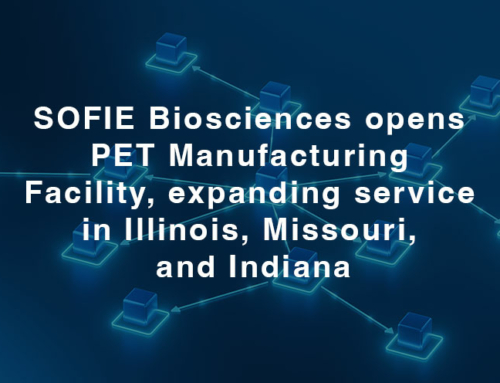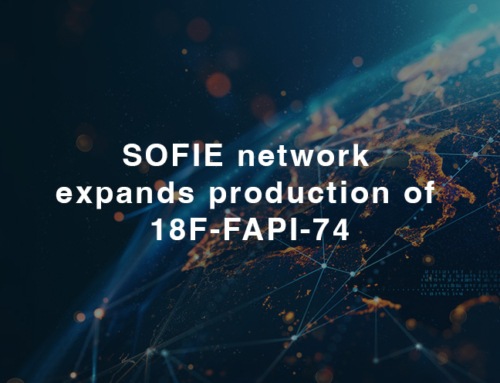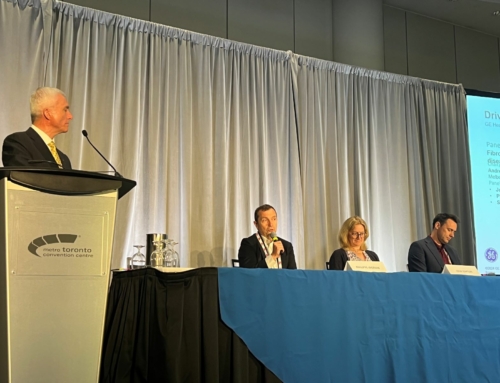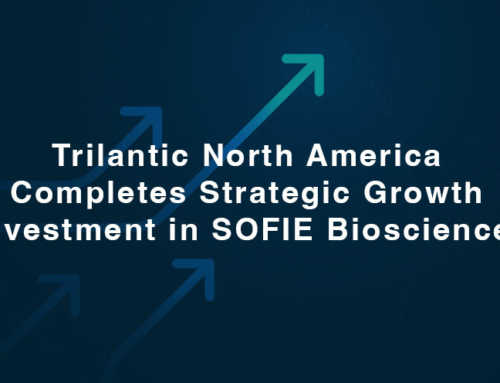CULVER CITY, CA., October 2nd, 2013 – SOFIE BIOSCIENCES, an emerging in vivo imaging diagnostics company focused on Positron Emission Tomography (PET) probes, scanners and chemistry systems, announced today that the National Institute of Health has awarded the company a grant under the Small Business Innovation Research (SBIR) program. This Phase II award, for approximately $1.8M over three years, will be administered by the National Institute of Mental Health (NIMH) to support the development of the first digital chip technology for the rapid and easy synthesis of PET probes for neurobiology applications. “This award is further validation of the potential for digital microfluidics to have a significant impact in research and patient care. It also comes in the wake of Illumina’s acquisition of Advanced Liquid Logic for next-generation sequencing based on the same digital fluidic handling principle known as electrowetting on dielectric (EWOD)”, said Patrick Phelps, President & CEO.
By developing a point-of-care radiosynthesizer that integrates the many unit operations for synthesis, purification, and quality control into a benchtop, affordable device, scientists and physicians in diverse fields may now have access to the vast library (3,000+) of PET probes without the normal infrastructure of prohibitively expensive equipment and specialized personnel that is currently a roadblock to using PET. The technology in this grant will provide researchers and clinicians additional tools to study the brain in normal and diseased states, and subsequently develop therapeutics to improve patient quality of life.
These funds will augment internal R&D investment, allowing the company to accelerate the commercialization of a microfluidic-based radiosynthesizer for synthesizing PET probes on-demand for brain imaging and other applications. Dr. Melissa Moore, Senior Director of Technology Development, who will be the Principal Investigator working in close collaboration with sub award investigator, Dr. R. Michael van Dam, at UCLA, commented, “We are so fortunate, especially in the current funding climate, to be awarded this Phase II from the NIMH, signaling their support to bring a revolutionary technology to market. We believe that miniaturizing all aspects of radiosynthesis, including shielding and reaction volumes, is a critical step to providing the freedom to synthesize PET probes on demand in a fully-automated, reasonably priced package.”






